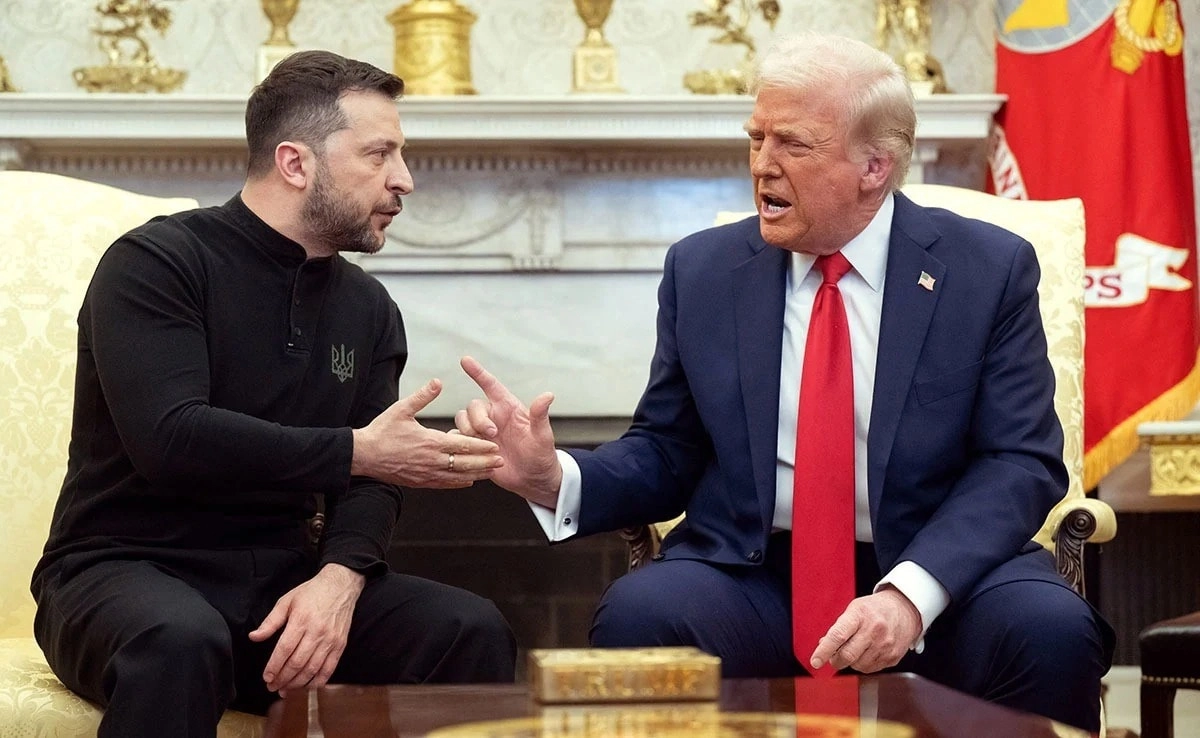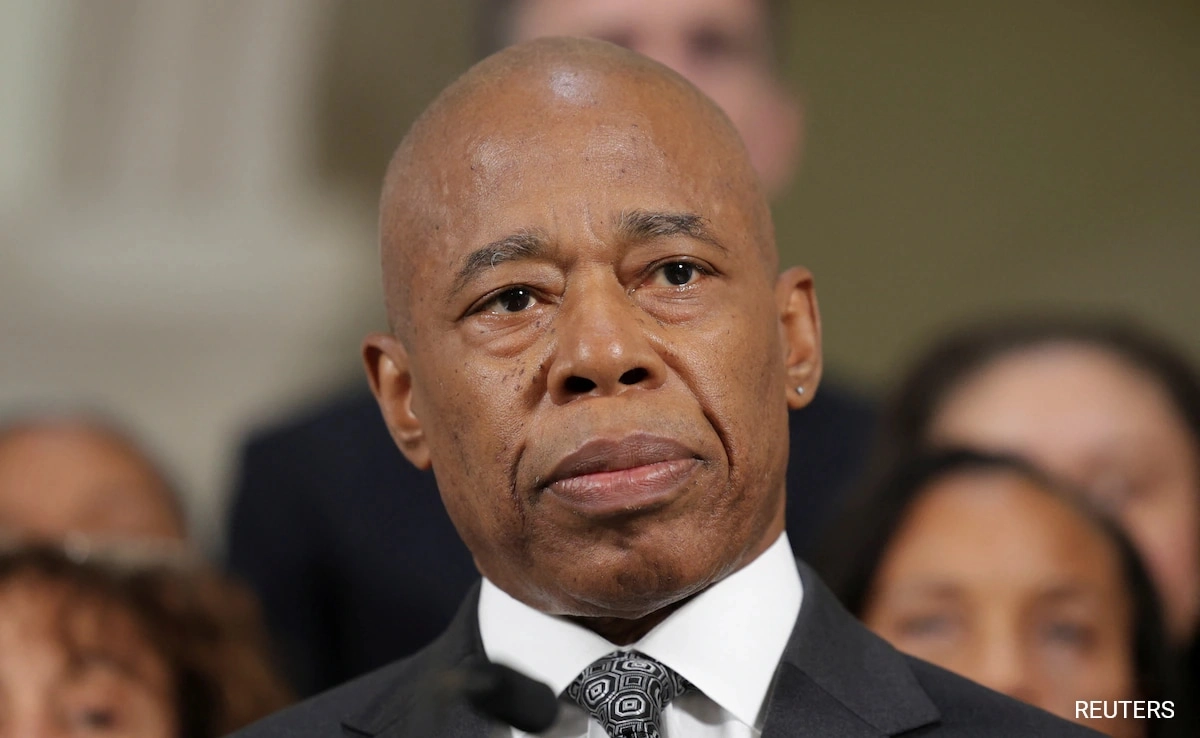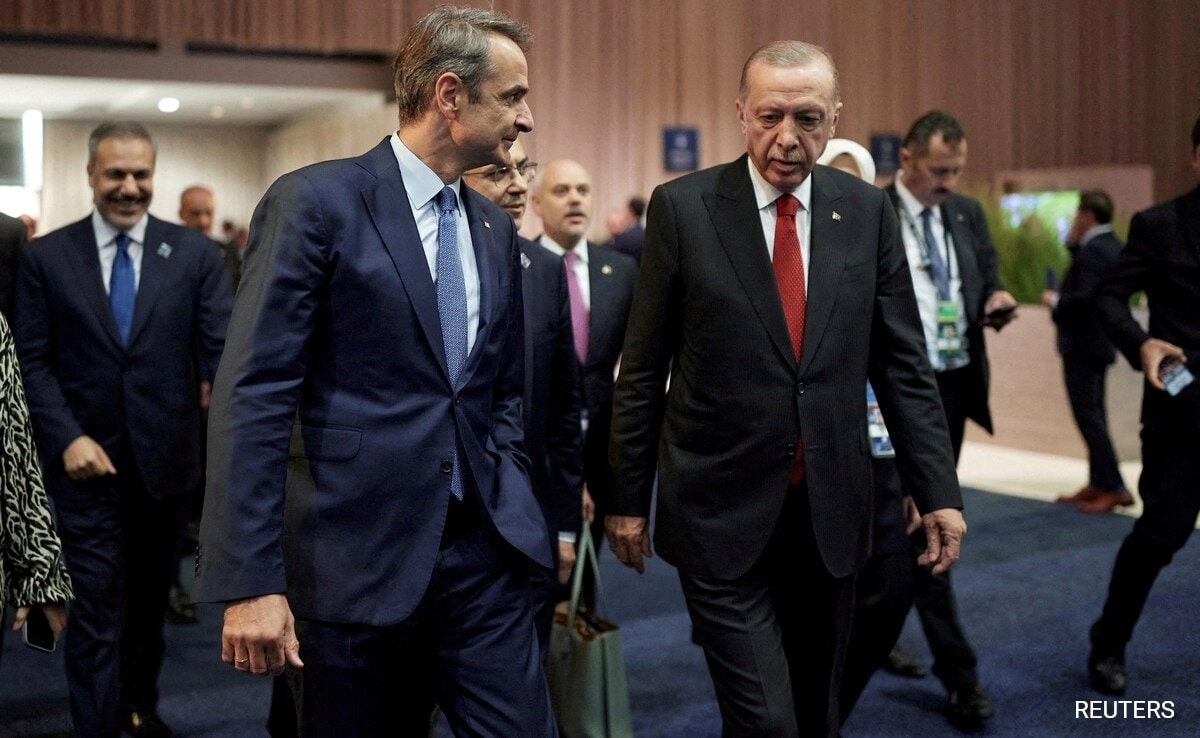In a recent statement, former President Donald Trump placed significant blame on Ukrainian President Volodymyr Zelensky for the ongoing conflict in Ukraine, suggesting that his leadership and decisions have contributed to the staggering loss of life. Trump characterized the situation by saying that Zelensky is “always buying missiles,” implying that the Ukrainian government is perpetuating the conflict through its procurement of military supplies. This rhetoric underscores the former president’s critical stance toward U.S. involvement in foreign conflicts and his focus on prioritizing American interests over international military engagements. Trump’s comments reflect a broader skepticism about foreign aid and military support, particularly in the context of escalating tensions between Ukraine and Russia.
The war in Ukraine has resulted in tragic consequences, with reports indicating countless casualties and widespread devastation. Trump’s assertion that Zelensky bears responsibility for “millions” of deaths may be an attempt to redirect blame for the war’s human toll away from Russian aggression and toward Ukraine’s leadership. This perspective aligns with Trump’s past critiques of U.S. foreign policy, where he has often argued that American resources could be better spent addressing domestic issues rather than supporting foreign nations embroiled in conflict. By framing the conversation around Zelensky’s military spending, Trump raises questions about accountability and the impact of foreign aid in prolonged conflicts.
The implications of Trump’s remarks extend beyond mere political discourse; they signal a significant shift in how some American leaders perceive the conflict in Ukraine. By placing the onus on Zelensky, Trump invites a reevaluation of U.S. support for Ukraine, potentially influencing public opinion and policy decisions moving forward. His comments may resonate with a segment of the electorate that is increasingly wary of foreign entanglements and advocates for a more isolationist approach to international relations. As the situation in Ukraine continues to evolve, the dialogue around responsibility and aid will likely remain a contentious issue in American politics, particularly as the nation approaches future elections.
In conclusion, Trump’s criticism of Zelensky and the framing of the Ukrainian conflict through the lens of military expenditure raises important questions about the dynamics of responsibility in wartime. As the war drags on and casualties mount, discussions around accountability, foreign aid, and U.S. involvement will remain at the forefront of political debate, shaping the narratives surrounding both the conflict and the upcoming political landscape. The discourse surrounding these complex issues will undoubtedly influence how the American public perceives the war and the role of its leaders in responding to such international crises.




